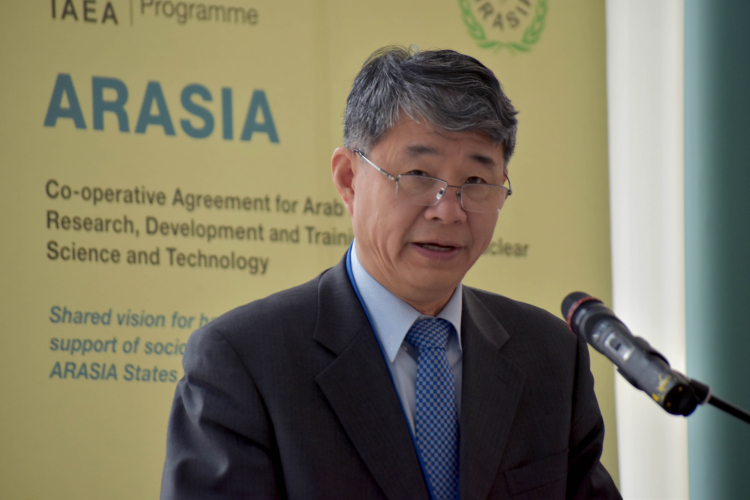The timely and accurate diagnosis and treatment of non-communicable diseases, including cancer, is a global issue, but among some Arab States in Asia, a significant shortage of cancer care infrastructure and capacities has stifled access to potentially life-saving nuclear medicine and radiotherapy. According to the World Health Organization (WHO), Arab countries account for 11% of cancer cases globally, and are expected to experience a 270% increase in their cancer incidence between 2003 and 2030.
In the past 20 years, however, access to cancer care has improved significantly, as the IAEA, in close collaboration with partner institutions, has implemented a continuous series of projects to close cancer care inequity gaps in the region. Today, 80% of countries in the region have national cancer control policies, and since 2015, due in part to growing technical capacities, the number of oncology clinics in Arab countries has risen by 12%.
Arabic speaking countries, under the Co-operative Agreement for Arab States in Asia for Research, Development and Training Related to Nuclear Science and Technology, known as ARASIA — an agreement between the ten Arab states, facilitated by the IAEA, are going to increase their cooperation in this area under five Memoranda of Understanding (MoU) signed last month. The concurrent MoU signings are a first of their kind for ARASIA and enable the most technically-advanced Arab countries to support their neighbours in nuclear medicine, calibration of instrumentation, and in dosimetry and ensuring safety from ionising radiation.








